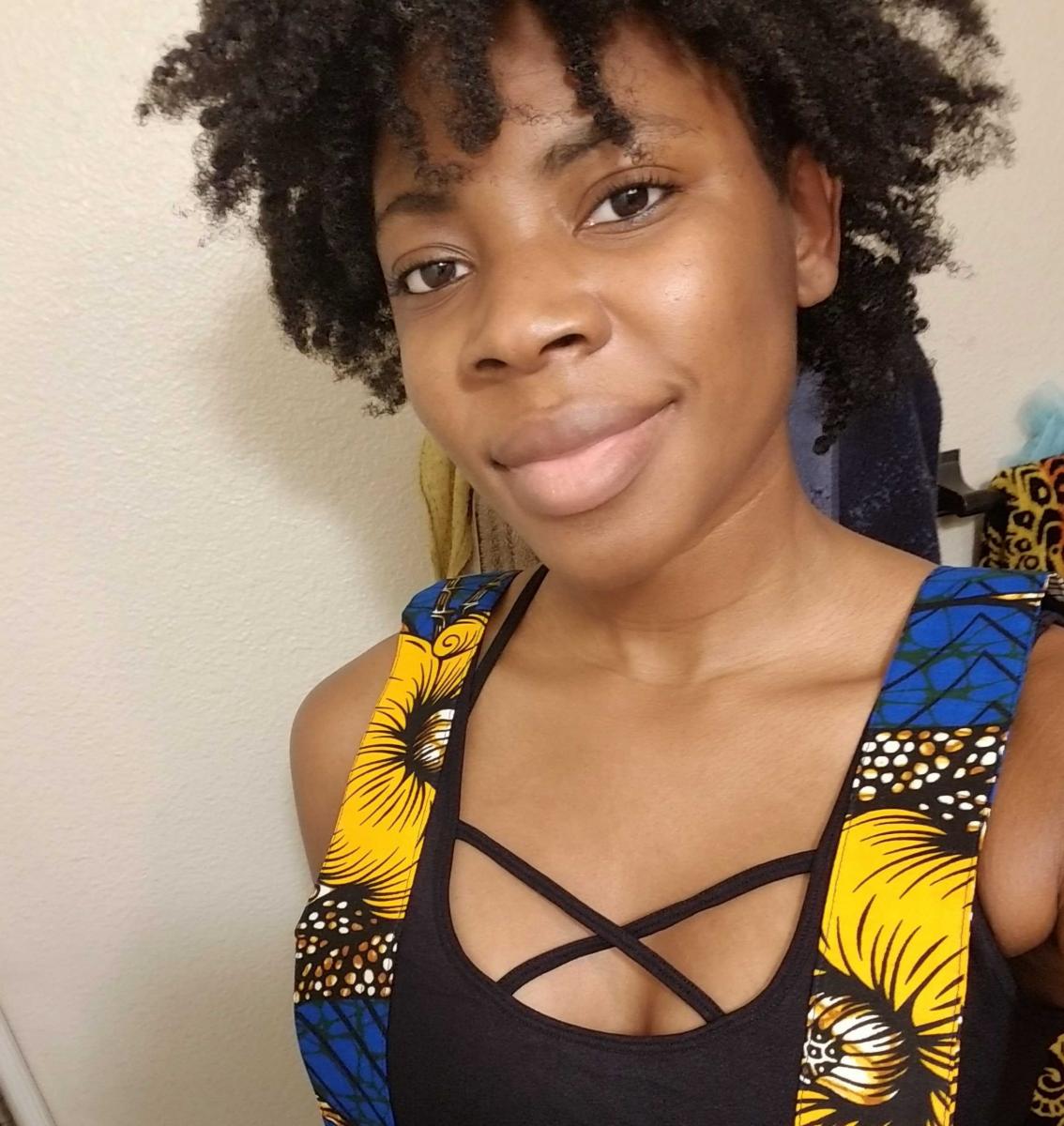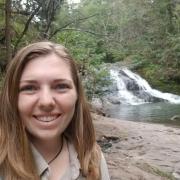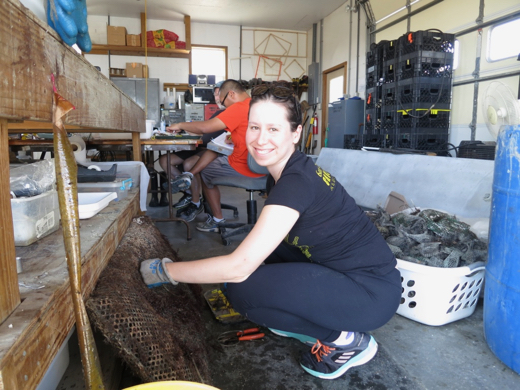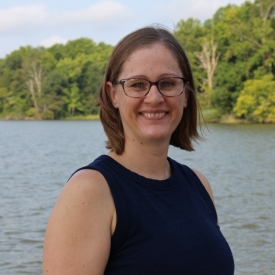PostDocs & Graduate Students
Whether you are a MS or PhD student who is just starting, nearing the end, or have already completed your degree, there are a number of graduate student and postdoctoral fellowship opportunities at the Smithsonian Institution that offer both stipends and research funds to pursue questions related to parasite and disease ecology.
We are interested in candidates who are interested in addressing research questions on a wide range of topics within the fields of parasite and disease ecology in coastal environments. We are a highly collaborative group, so research questions that span disciplines and have additional advisors are welcome. To discuss potential proposal ideas, please contact Katrina Lohan (lohank@si.edu).
Current Graduate Students and Postdocs
M.S. Student, University of Maryland Baltimore County; ICARE Program
Current Research: Isabella's research involves using eDNA techniques to assess the distribution and diversity of invasive fish in the Middle Branch area of the Patapsco River. She is generating the genetic libraries from these eDNA samples in the Coastal Disease Lab. She will then compare the results from the seasonal water sampling with interviews from local fishers to see what species are present vs. what fishers are targeting and catching in these waters.
Advisor: Dr. Tamra Mendelson; Committee: Dr. Eric Schott, Dr. Katrina Lohan
Karson Burton-Reeder
M.S. Student, University of the Pacific
Current Research: Karson's research utilizes a series of metabolic markers to characterize multiple shark species that were sampled in Tampa Bay, Florida. As many shark species are highly endangered, Karson's research will provide critical information about how these sharks are coping with stress in increasing impacted oceans.
Advisor: Dr. Jane Khudyakov; Committee: Dr. Zachary Stahlschmidt, Dr. Katrina Lohan
M.S. Candidate, University of Maryland Center for Environmental Science
Current Research: Lael's research is exploring the factors that influence mysid populations, including abiotic factors such as diel cycling, and biotic factors, such as diet. In the Coastal Disease Ecology Lab, Lael is using amplicon-based genetic methods to examine the gut contents of mysids collected from the Patuxent River to determine what these mysids are eating.
Advisor: Dr. Mike Wilburg; Committee Members: Dr. Ryan Woodland, Dr. Katrina Lohan

Former Graduate Students and Postdocs
Dr. Alexandria Murphy (MPH, University of Florida, 2018-2019)



